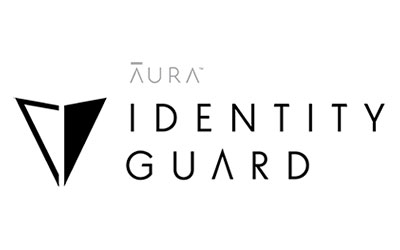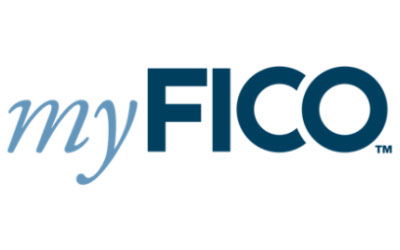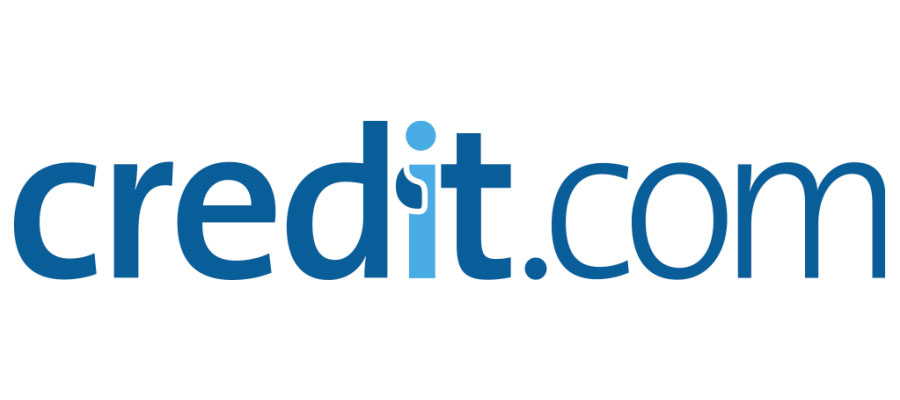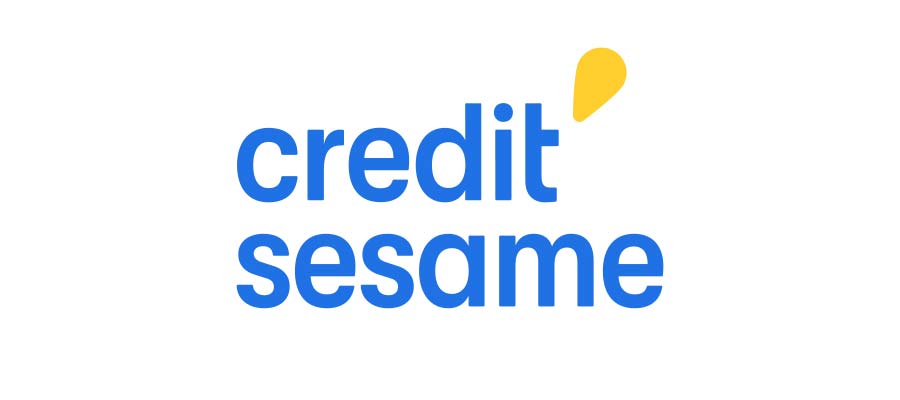According to the Federal Trade Commission (FTC), there were 5.7 million fraud and identity theft reports in 2024, an increase from the previous year. Over 1.6 million of these involved identity theft, leading to fraudulent credit accounts, unauthorized loans, and financial losses for millions of consumers.
Data breaches continue to expose sensitive information, making it easier for criminals to steal identities. If your personal or financial details are ever compromised, you might not know until it’s too late.
Why You Need a Credit Monitoring Service
A credit monitoring service helps you stay ahead of fraud by keeping an eye on your credit reports and alerting you to suspicious activity.
Not all services offer the same level of protection. Some monitor all three major credit bureaus, while others only track one. Some include identity theft insurance and fraud resolution support, while others don’t.
We’ll break down the benefits of credit monitoring, what to look for in a service, and the best options to keep your financial information safe.
5 Best Credit Monitoring Services
When it comes to the best credit monitoring services, there are several options on the market:
Best Overall: Experian
- Cost: Free; $24.99/month (IdentityWorks Premium); $19.99/month (CreditWorks Premium)
- Number of credit bureaus monitored: One (free plan); Three (premium plans)
- Credit score model: FICO Score 8
- Trial period: 7-day free trial for premium plans
Best for Identity Theft Protection: Identity Guard
- Cost: $7.50/month (Value); $16.67/month (Total); $25.00/month (Ultra) when billed annually
- Number of credit bureaus monitored: One (Value); Three (Total & Ultra)
- Credit score model: VantageScore
- Trial period: 60-day money-back guarantee on annual plans
Best for Affordable Identity Theft Protection: IDShield
- Cost: Starts at $14.95/month
- Number of credit bureaus monitored: One or three, depending on plan
- Credit score model: Not specified
- Trial period: 30 days
Best for Families: Aura
- Cost: Starts at $12/month (billed annually)
- Number of credit bureaus monitored: Three
- Credit score model: VantageScore
- Trial period: 14 days
Best for FICO Score Tracking: myFICO
- Cost: Starts at $19.95/month
- Number of credit bureaus monitored: One (Basic); Three (Advanced and Premier)
- Credit score model: FICO Score
- Trial period: None
How Credit Monitoring Works & What It Tracks
Credit monitoring services keep an eye on your credit reports and notify you of changes that could indicate fraud or identity theft. These services pull data from one or all three major credit bureaus—Experian, Equifax, and TransUnion—and send alerts when certain activities are detected.
What Credit Monitoring Tracks
- New accounts and inquiries: Alerts you when a new credit card, loan, or other account is opened in your name or when a lender checks your credit.
- Credit changes: Tracks increases or decreases in your credit limit and significant purchases that may impact your score.
- Payment and debt activity: Notifies you of missed payments, accounts sent to collections, and sudden activity on dormant accounts.
- Public records: Reports bankruptcies, liens, or legal judgments that appear on your credit report.
While credit monitoring services don’t prevent identity theft, they help you catch fraudulent activity early so you can take action before it causes significant financial damage.
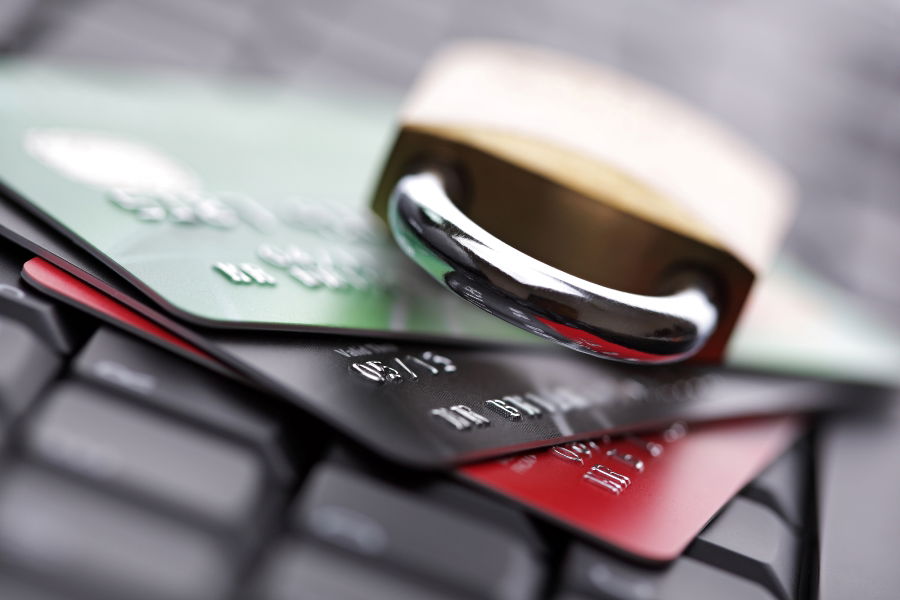
Free vs. Paid Credit Monitoring Services
Credit monitoring services come in both free and paid versions, but the features they offer can vary significantly. Some people may find that a free service meets their needs, while others may benefit from the extra protection a paid plan provides. Below is a quick comparison to help you decide.
| Feature | Free Credit Monitoring | Paid Credit Monitoring |
|---|---|---|
| Credit bureaus monitored | One (usually Experian or TransUnion) | Three (Experian, Equifax, TransUnion) |
| Credit score updates | Monthly or less frequent | Daily or real-time updates |
| Alerts for new accounts and inquiries | Yes, but may be delayed | Yes, typically in real time |
| Identity theft protection | Limited or none | Dark web monitoring, Social Security number tracking, financial account monitoring |
| Fraud resolution assistance | No | Yes, with expert support |
| Identity theft insurance | No | Up to $1 million or more in coverage |
| Cost | Free, but often ad-supported | Typically $10 to $40 per month |
Free credit monitoring services provide basic credit tracking and alerts, but they typically only monitor one bureau and don’t include fraud resolution or identity protection. Some of the best free credit monitoring services include Credit Karma, Credit Sesame, and Credit Wise from Capital One.
Paid services offer more frequent updates, three-bureau monitoring, identity theft protection, and financial reimbursement if fraud occurs.
If you’re just looking to track your credit score and report occasional changes, a free service may be enough. However, if you want real-time fraud alerts, identity protection, and full credit coverage, a paid service is the better option.
How to Choose the Right Credit Monitoring Service
With so many credit monitoring services available, it’s important to pick one that fits your needs. Follow these steps to make an informed decision.
- Decide what you need: Just credit tracking or full identity theft protection. If fraud prevention is a concern, look for a service that includes dark web monitoring, Social Security number tracking, and identity theft insurance.
- Check credit bureau coverage: Some services only monitor one credit bureau, while others track all three. For the most complete protection, choose a service that monitors all three.
- Look at pricing and value: Free services offer basic monitoring, while paid plans provide additional protections. Comprehensive plans range from $10 to $40 per month.
- Read user reviews: Check for feedback on customer support, alert speed, and ease of use to ensure the service is reliable.
- Test the service: Many paid services offer free trials or money-back guarantees. Trying a service before committing can help determine if it meets your needs.
By following these steps, you can choose a credit monitoring service that fits your budget and protection needs.
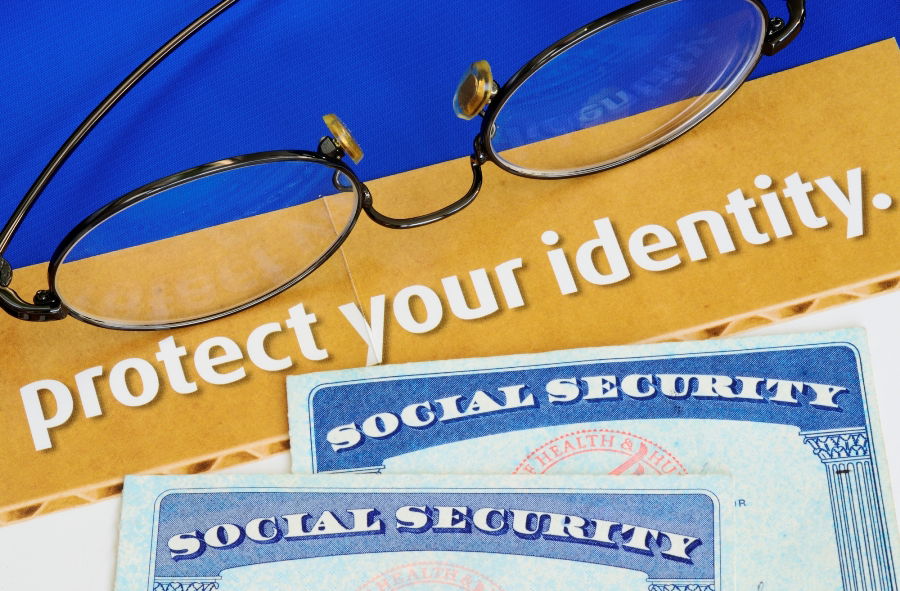
What to Do If You Spot Suspicious Activity
If you receive an alert about unusual activity on your credit report, it’s important to act quickly to minimize potential damage. Follow these steps to address the issue.
- Verify the issue: Check whether the activity is an error or actual fraud. Sometimes, a legitimate action—like a credit limit increase—can trigger an alert.
- Dispute inaccurate information: If there’s an error on your credit report, contact the credit bureau and the lender to request corrections.
- Freeze your credit: If fraud is confirmed, freezing your credit prevents new accounts from being opened in your name. This can be done for free with Experian, Equifax, and TransUnion.
- Monitor your accounts: Keep an eye on your bank and credit card statements for unauthorized charges or further suspicious activity.
- Report identity theft: If someone has stolen your identity, file a report with the Federal Trade Commission (IdentityTheft.gov) and contact law enforcement if necessary.
Responding quickly to fraud alerts can help prevent further financial damage and make it easier to resolve identity theft issues.
Additional Ways to Protect Your Credit
Credit monitoring is a great tool, but it works best when combined with other security measures. Take these extra steps to protect your credit and personal information.
- Freeze your credit: A credit freeze is free and prevents fraudsters from opening new accounts in your name.
- Set up fraud alerts: Fraud alerts notify lenders to take extra steps to verify your identity before issuing new credit.
- Use strong passwords and two-factor authentication: Secure online financial accounts with unique passwords and enable two-factor authentication when possible.
- Check your reports regularly: You’re entitled to free credit reports from AnnualCreditReport.com. Review them for errors and signs of fraud.
Taking these precautions, along with using a reliable credit monitoring service, can help keep your financial information safe from fraud and identity theft.
Final Thoughts
Credit monitoring isn’t just about keeping track of your credit score—it’s a key part of protecting your financial future. Fraud and identity theft can happen to anyone, and the sooner you detect suspicious activity, the easier it is to stop further damage.
A good credit monitoring service provides the alerts and tools you need to stay ahead of potential threats. Whether you choose a free or paid service, staying informed and proactive is the best way to safeguard your credit, finances, and personal information.
Frequently Asked Questions
What is the difference between a fraud alert and a credit freeze?
A fraud alert notifies lenders to take extra steps in verifying your identity before approving new credit, but it does not prevent them from accessing your credit report. A credit freeze, on the other hand, blocks access to your credit report entirely, making it much harder for fraudsters to open new accounts in your name. Both are free and can be placed with all three major credit bureaus.
Can credit monitoring prevent identity theft?
Credit monitoring can’t stop identity theft from happening, but it helps you detect suspicious activity quickly so you can take action before the damage spreads. The earlier you catch fraud, the easier it is to resolve, which is why monitoring your credit regularly is important.
Will using a credit monitoring service hurt my credit score?
No, credit monitoring services do not impact your credit score. These services perform soft inquiries, which do not affect your credit, unlike hard inquiries, which occur when you apply for a loan or credit card.
How long does it take to fix fraudulent activity on my credit report?
The time it takes to resolve fraud depends on the complexity of the case. Minor errors can be corrected within 30 to 45 days, while identity theft cases that involve multiple fraudulent accounts may take several months to fully resolve. Prompt action and strong documentation can help speed up the process.
Do I still need to check my credit report if I use a credit monitoring service?
Yes, even if you have a credit monitoring service, it’s a good idea to check your full credit report at least once a year. Some fraudulent activity, such as unauthorized hard inquiries or small errors, might not trigger an alert but can still affect your credit score. You can get free credit reports from AnnualCreditReport.com to review your credit history in detail.

